What Affects My Car's Value?

When it comes time to sell your car, how will you know when you get a fair offer? A range of factors can impact a vehicle’s value. Some are directly tied to the car itself, such as its condition, the miles on the odometer, and options like premium technology or leather seats. Other factors are less about the specific vehicle and more about current market conditions and brand reputation. Here are the major factors that influence a used car’s value and how you can maximize it when you sell or trade it in.
Related: Which Cars Have the Best Resale Value for 2022?
Mileage
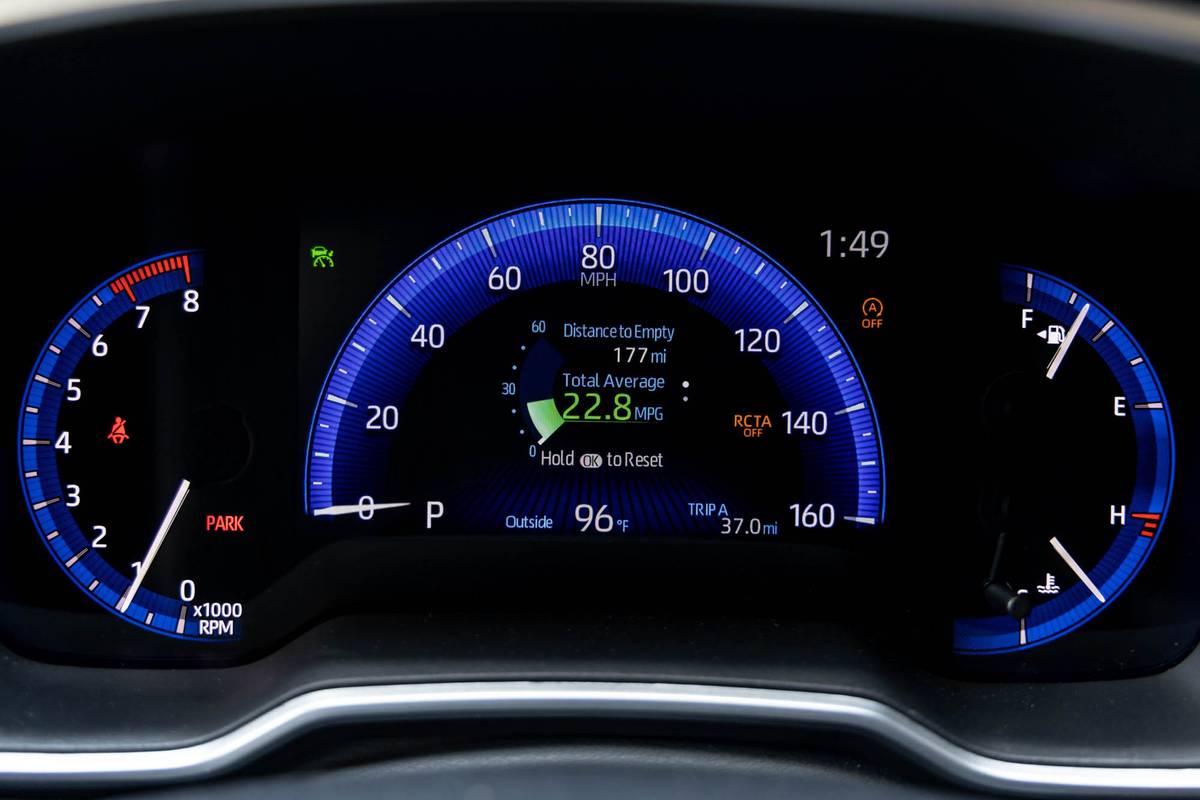
A vehicle’s odometer reading can be one of the most significant factors in its resale value. According to the Department of Transportation’s Federal Highway Administration, the average number of miles traveled per vehicle was 10,523 in 2020, but some estimates show the average to be as high as 15,000; that means a 3-year-old vehicle would average 45,000 miles on the high end of that range. If your car’s odometer reading is much higher in relation to the vehicle’s age, its value could take a hit, but if the car has spent more time sitting in a garage than in traffic, you’ll likely get more when you sell it.
There are some stipulations for what “too many miles” means for a used car. A vehicle driven mostly at highway speeds is likely to be in better shape than one driven the same distance in stop-and-go traffic. That’s where the next variable — vehicle condition — comes into play.
Condition and Accident History
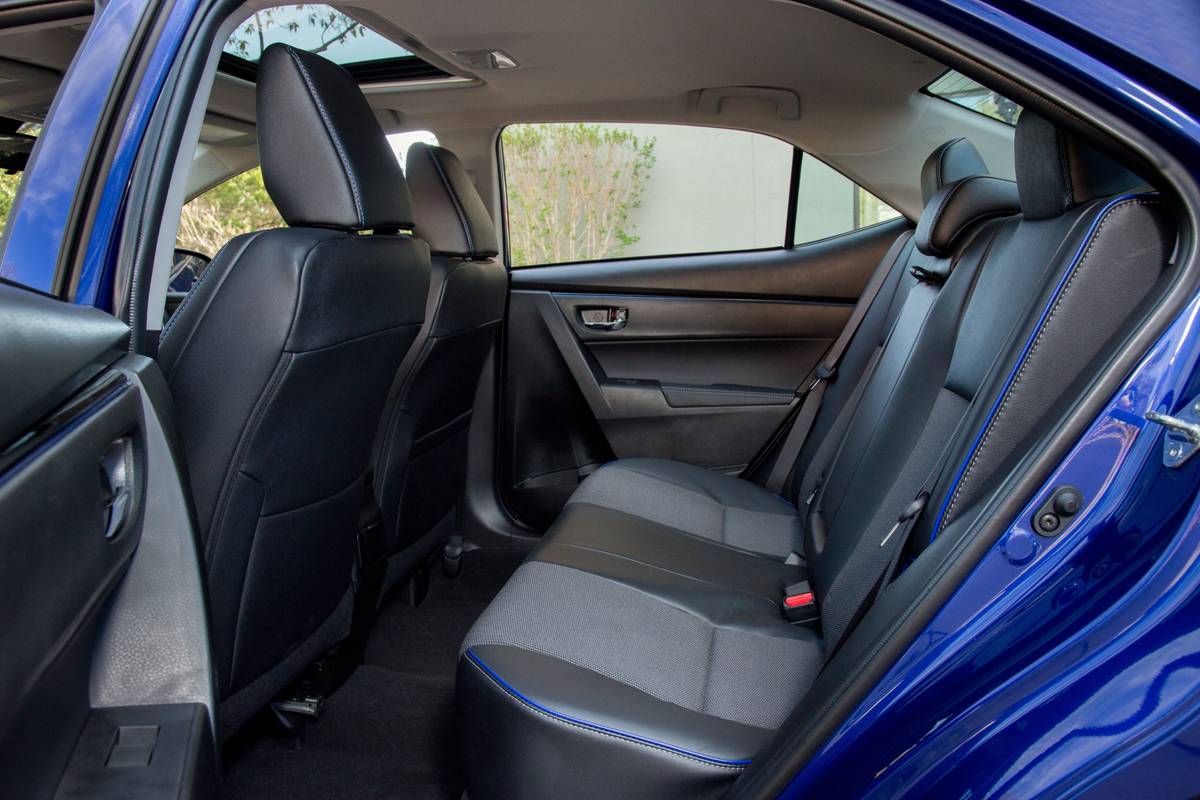
Along with mileage, the other major contributors of a vehicle’s resale value are its current condition and past accident history. Many sellers tend to overvalue their car and rate the condition more favorably than it warrants, but even minor damage like scratches and dents can lower the vehicle’s resale value. Additionally, broken tech, stained or torn seat fabric, and rust will not help a vehicle’s value. Sellers should consider fixing minor damage prior to listing the car to get the most money.
Vehicles that lack basic options like power windows and air conditioning will typically be less desirable than those with all the modern amenities, while those with high-end interior materials and technology will usually hold a higher value. On the other hand, aftermarket options like tinted windows or a modified exhaust can lower a vehicle’s value because their appeal isn’t universal.
Access to a free vehicle history report gives the potential buyer insight into the car’s past. If your vehicle was involved in a major crash or frequent fender-benders, it will not be as appealing as one with a clean history. Even a minor accident that required a professional repair can ding a car’s value.
Market Conditions and Fuel Prices
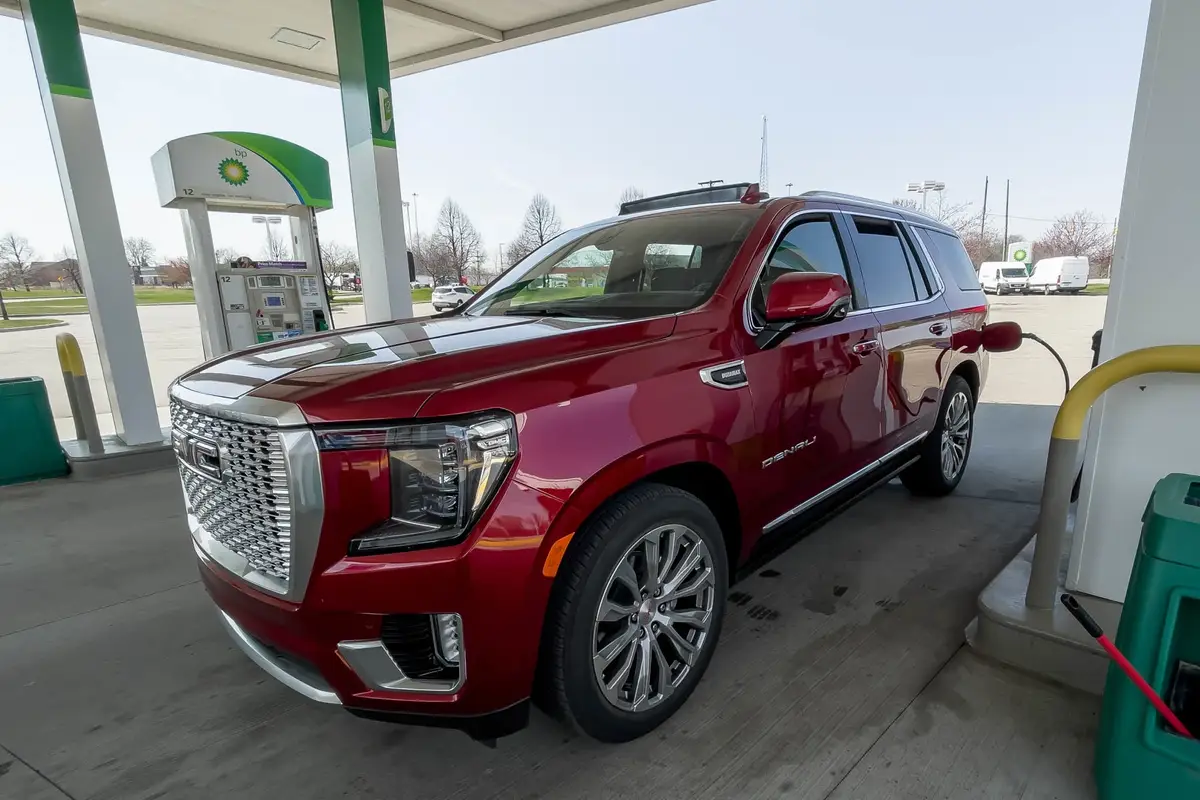
In addition to vehicle-specific characteristics outlined above, the vehicle’s value will be influenced by market conditions, including supply and demand. The 2021 inventory shortage paints a striking example: As new vehicles became harder to find, shoppers turned to used cars, which caused their prices to spike 30% in just one year. This means car owners looking to sell or trade in a vehicle in its wake might get more money than expected even for older used cars.
Fuel prices also play a role in a used vehicle’s value. When gas prices drop, demand for larger vehicles like full-size SUVs and pickup trucks rises, leading to increased value. Alternatively, as gas prices climb, fuel-efficient cars become more desirable and valuable.
Reliability and Brand Appeal
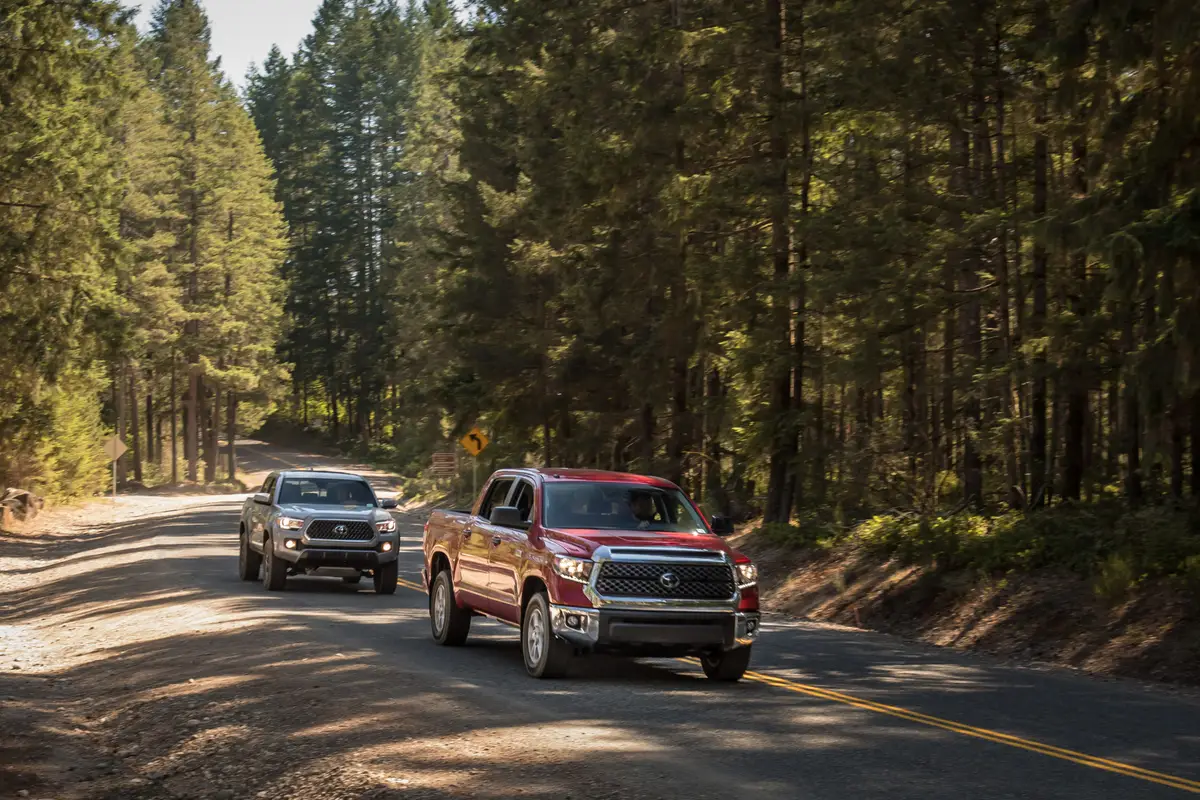
Other factors that can move the needle on a used car’s value are its reliability ranking, popularity of the model and its brand image. Used cars with a reputation for solid reliability typically hold more value than those that fall toward the bottom of that list. Popular brands and models that offer a wide appeal will typically hold more value than less desirable cars.
How to Maximize Your Car’s Value
While you can’t control every variable that determines how much you can get for your used car, there are several steps you can take to get the most from your car’s resale or trade-in value:
- Have maintenance performed at regular intervals and keep documentation from those visits.
- Make sure your upholstery stays clean.
- Take care of the paint on your car. Clean it regularly and wax it to keep rust at bay.
- Drive less and drive carefully; the fewer the miles and accidents, the higher the value.
What Hurts Your Car’s Value?
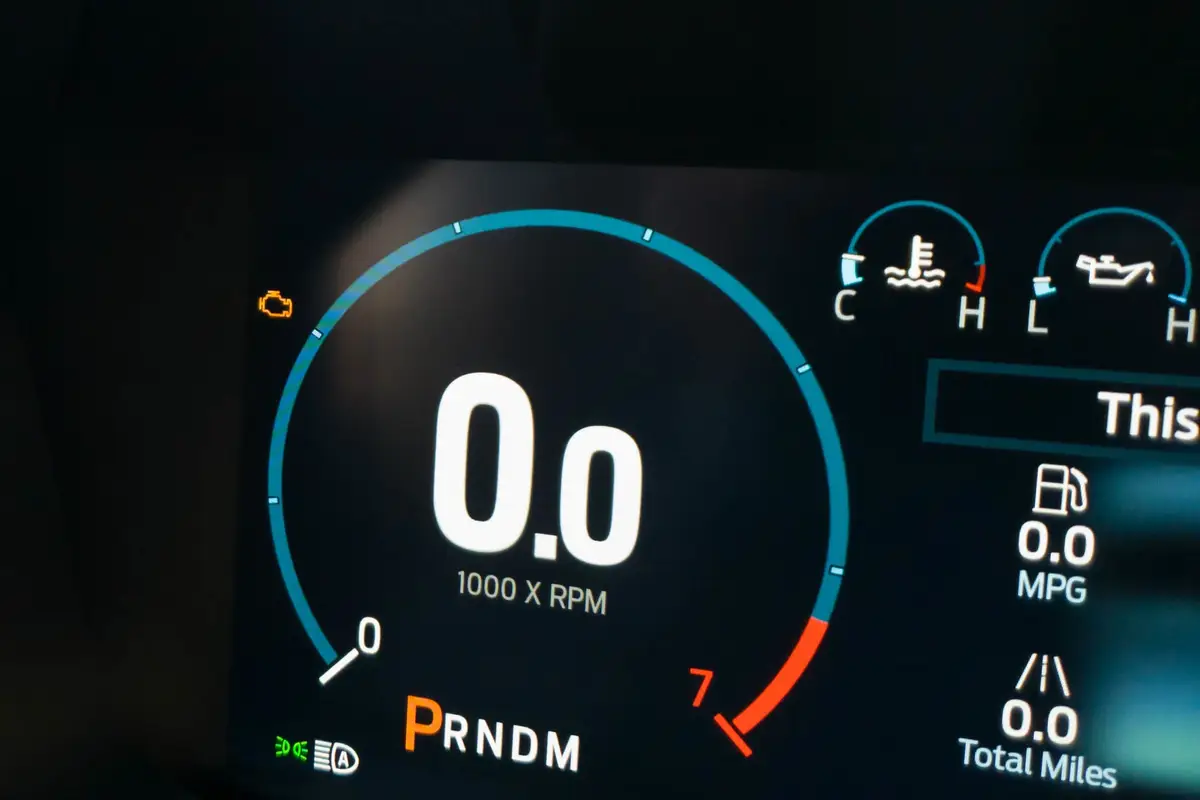
- Dings, scratches and dents: Any problems with the bodywork, no matter how small, will lower the trade-in estimate you receive. Dealers will have to decide whether it’s worth the trouble to fix cosmetic flaws before selling the car.
- Mechanical problems: Issues with the engine, transmission or suspension will hurt your car’s value. If the check-engine light is on, it’s a good idea to get that fixed before you try to sell.
- Neglected maintenance items: Bald tires, worn brake pads and burnt-out headlights will all hurt your car’s value. Keeping these items up to date should improve your offer.
- Telltale signs of smoking
It’s important to research the trade-in value of your car so you can identify a good offer and skip ones that fall below your vehicle’s market value. Be honest about the condition of your ride so there are no surprises.
More From Cars.com:
- How Do I Sell an Older Car?
- How to Get the Best Offer for Your Trade-In
- Now Is a Good Time to Sell Your Extra Used Car; Here’s Why
- Why Are Car Trade-In Values Skyrocketing?
- Sell Your Car
Cars.com’s Editorial department is your source for automotive news and reviews. In line with Cars.com’s long-standing ethics policy, editors and reviewers don’t accept gifts or free trips from automakers. The Editorial department is independent of Cars.com’s advertising, sales and sponsored content departments.
Featured stories




